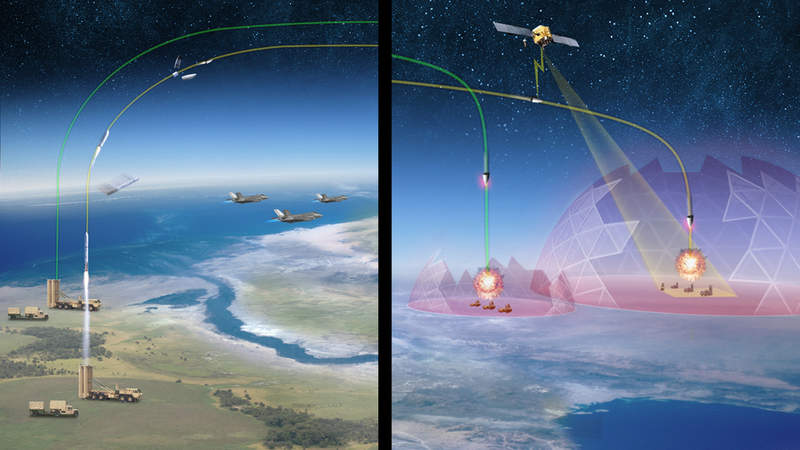
The US Army is set to commence the joint Operational Fires (OpFires) programme together with the Defense Advanced Research Projects Agency (DARPA).
In a bid to carry out the programme, three companies have been selected for the development and demonstration of a ground-launched system that would help enhance precision engagement of time-sensitive targets.
Contract awardees Aerojet Rocketdyne, Exquadrum and Sierra Nevada Corporation (SNC) are due to begin work on the OpFires programme.
DARPA OpFires programme manager US Army major Amber Walker said: “OpFires represents a critical capability development in support of the army’s investments in long-range precision fires.
“These awards are the first step in the process to deliver this capability in support of US overmatch.”
The OpFires programme has been designed with an aim to develop a ground-launched system, which would allow for hypersonic boost glide weapons to penetrate modern enemy air defences, in addition to easily and quickly engaging critical time-sensitive targets.
As part of the project, DARPA and the army intend to develop advanced propulsion solutions that will offer a mobile, ground-launched tactical weapons delivery system to carry different payloads to a variety of ranges.
Expected to be carried out for one year, the first phase of the effort is focused on the early development and demonstration of booster solutions that provide variable thrust propulsion across varied robust operational parameters in large tactical missiles.
During the programme, a series of subsystem tests will be conducted in order to evaluate and assess the component design and system compatibility for future tactical operating environments.
Phase II of the OpFires programme will involve mature designs and demonstration performance with hot / static fire tests expected to be conducted in late 2020.
Phase III has been designed to focus on the integration of different weapon systems and will conclude with the performance of integrated end-to-end flight tests slated for 2022.



